In recent decades, the food and agriculture sectors have embraced a wave of green technologies, ranging from organic farming methods to renewable energy in production. But a reality exists: while these technologies are important, they’re not really enough to solve the problem on their own. Achieving true sustainability in agriculture requires more than just better and more enhanced technologies. In fact, it demands fundamental institutional changes and also changes in consumers’ behaviors. In this article, Foodex, we’ll explore why.
The Limitations of Green Technologies in Agriculture
Actually, it’s easy to get excited about green tech in agriculture and of course, in other industries. For say, organic farming reduces chemical use and helps to retain a healthier soil, and solar energy can cause a great decrease on using fossil fuel dependence in farming operations. But the issue is that, without the right policies, even these innovations can result the same. If farmers don’t have access to the right support, or if consumers aren’t willing to pay a premium for sustainable products, the impact of green technologies becomes limited.
Why Institutional Change Matters?
Government policies play a crucial role in shaping sustainable agriculture. For example, governments can offer subsidies to farmers who adopt eco-friendly practices or penalize those who engage in unsustainable farming to implement these policies. Regulatory frameworks can also ensure that land and water resources are managed well. Indeed, some countries that have implemented strict sustainability policies have seen great improvements in resource use and food security!
But we must remember that institutional changes aren’t just about laws and regulations. They also include how businesses operate. Large-scale food companies need to revise their sourcing practices, ensuring that they support sustainable farming methods and don’t focus on the cheapest suppliers in the industry.
Growing Demand for Organic Food: Shaping the Future of the Industry
The Role of Consumer Behavior: Let’s make it a culture!
Consumers have immense power to help sustainable agriculture to improve. If people are more aware of the environmental impacts of their food choices, they can shift their demands towards more sustainable products. For example, purchasing locally grown, organic products or reducing food waste at home can have a direct impact on reducing the environmental footprint of agriculture. However, this requires a cultural shift, a culture where consumers prioritize sustainability over convenience and of course price.
How Can We Bridge the Gap?
So, how do we make sustainable agriculture more than just a nice idea? Here are a few steps we can take:
Incentivizing Farmers: Governments can provide financial loans to farmers who use sustainable practices, helping to lower the initial costs of going green.
Educating Consumers: Campaigns that raise awareness about the importance of sustainable food choices can make it a culture for consumers to make better decisions about this.
Collaboration Between Businesses and Farmers: Large food companies should partner with farmers to promote sustainable sourcing and invest in longer-term solutions that benefit both sides.
Conclusion
Green technologies are a step in the right direction, but they’re only part of the solution, not the solution itself. Without strong institutional support and a change in consumer attitudes towards sustainable agriculture, it won’t reach its full potential. It’s time for governments, businesses, and consumers to work together for a truly sustainable future in the food industry.
Sources
1. FAO (Food and Agriculture Organization) – Reports on agriculture’s role in sustainability and technology’s impact on resource use.
2. IPCC (Intergovernmental Panel on Climate Change) – Data on climate change and its effects on global food systems.
3. WWF (World Wildlife Fund) – Research on sustainability practices in the food and beverage industry.
4. UNEP (United Nations Environment Programme) – Insights into policy changes for sustainability and resource management.
Ehsan Allahverdi
Executive Manager of Foodex Iran
Marketing Consultant for Leading Food & Beverage Brands
website | linkedin

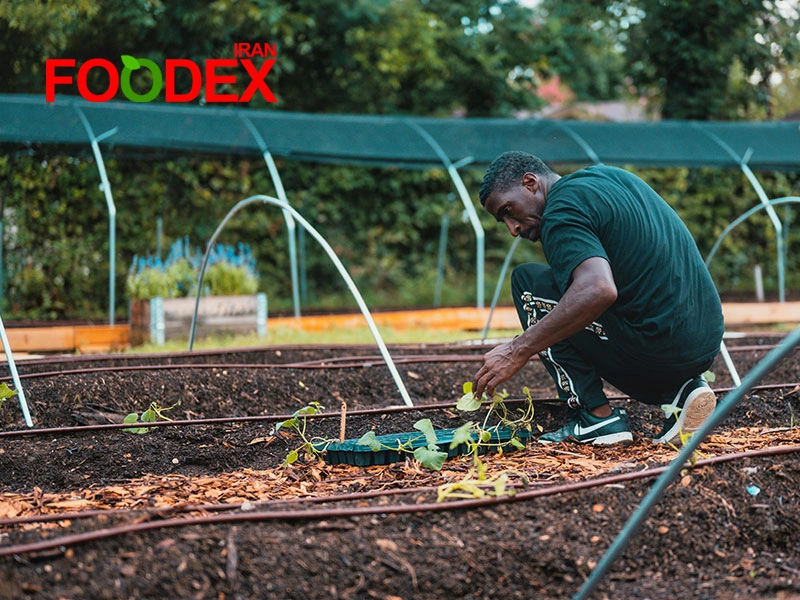
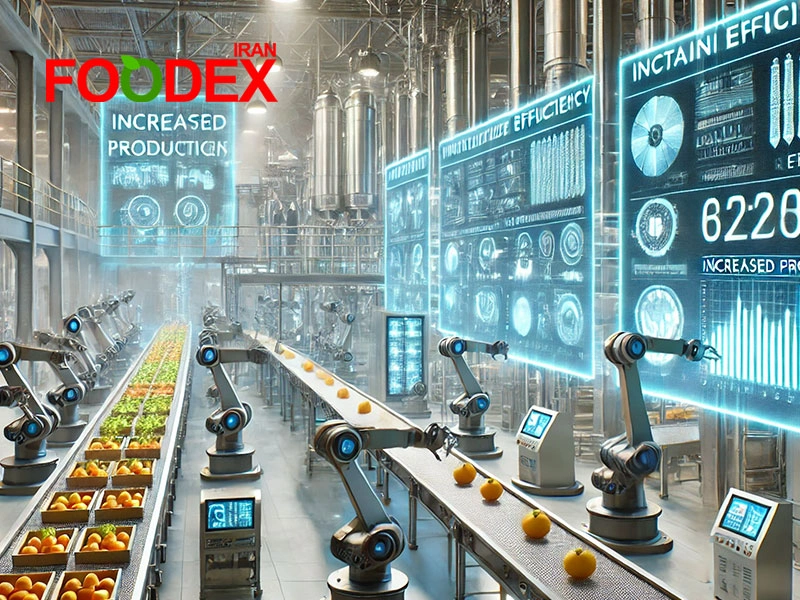






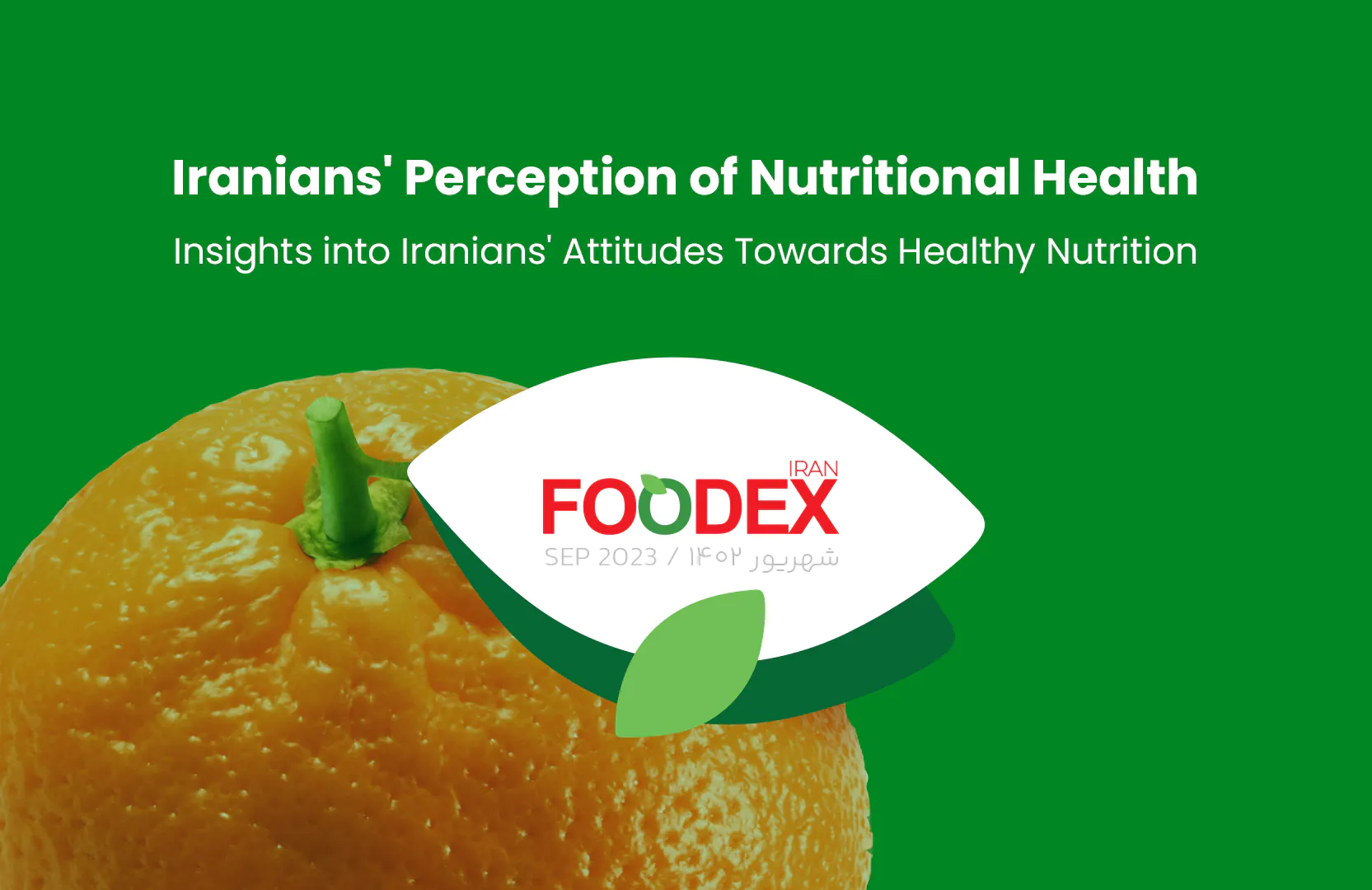







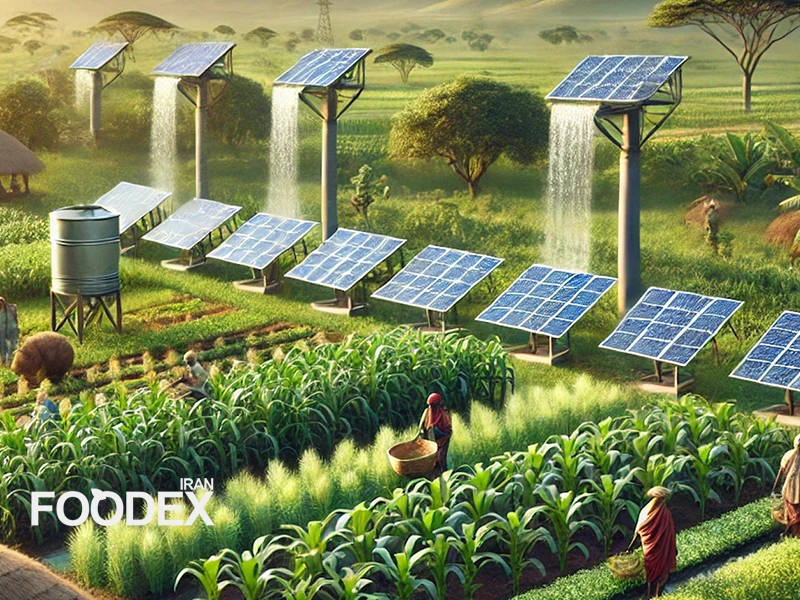
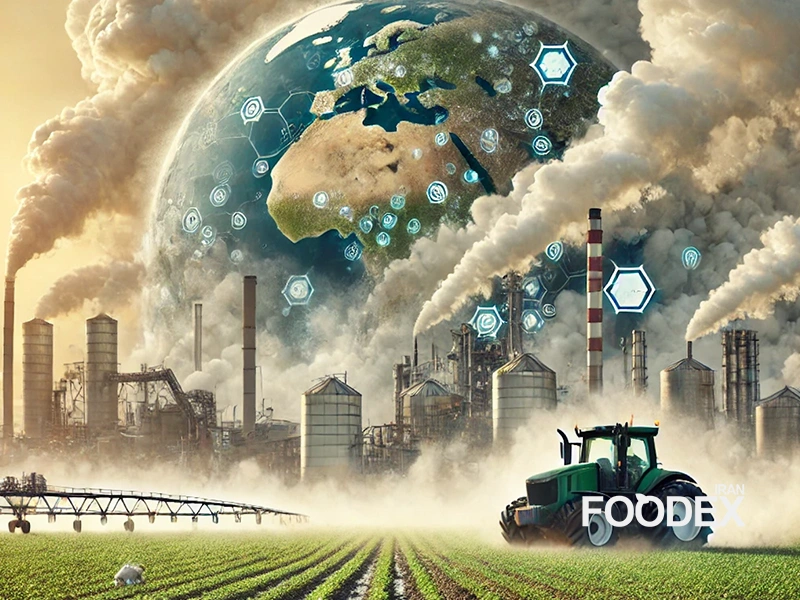
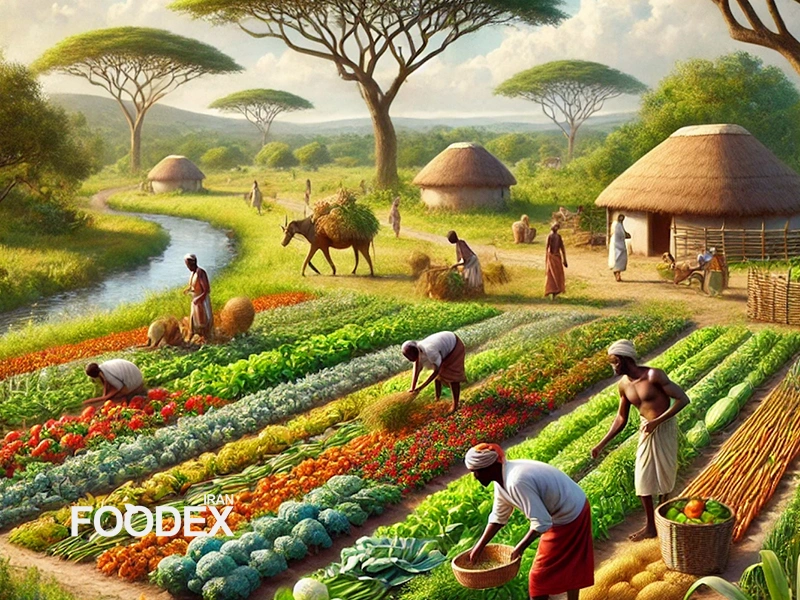




One Response
helpful buddy